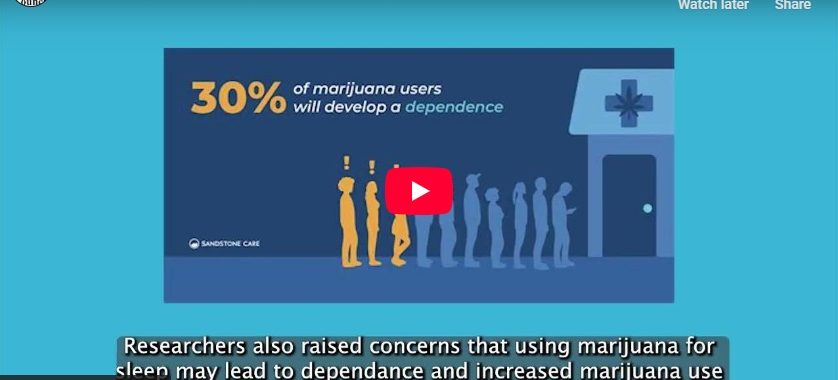Teens Who Use Marijuana Suffer Later in Life: New Study

Researchers say teens who use marijuana may be more likely to develop health problems in adulthood.
The study published in JAMA Network Open looked at health data from 1,591 individuals.
Researchers found adolescents who started using marijuana before age 15 and who used it frequently were at greater risk of needing physical and mental medical care in young adulthood, compared to those who did not use marijuana.
Adolescents who used marijuana later also faced greater risk of needing medical care for physical health conditions.
A growing body of research shows that marijuana is harmful regardless of how or why people use it.
Researchers have raised concerns about the number of teens struggling with cannabis-induced mental disorders.
Heavy marijuana use is linked to paranoia, schizophrenia, self-harm, and other serious problems.
Marijuana has been tied to an increased risk for diabetes and a number of deadly heart problems — including heart attack, heart failure, and stroke.
Researchers now say marijuana use doubles a person’s risk of death from heart disease.
Experts also have found heavy marijuana use is strongly linked to a 325% increased risk of oral cancer.
In Arkansas, marijuana industry insiders worked unsuccessfully to expand marijuana via the state’s ballot initiative process in 2022 and 2024. Fortunately, neither of those bad measures passed.
All of this underscores what we have said for years: Marijuana may be many things, but “harmless” simply is not one of them.
Articles appearing on this website are written with the aid of Family Council’s researchers and writers.




